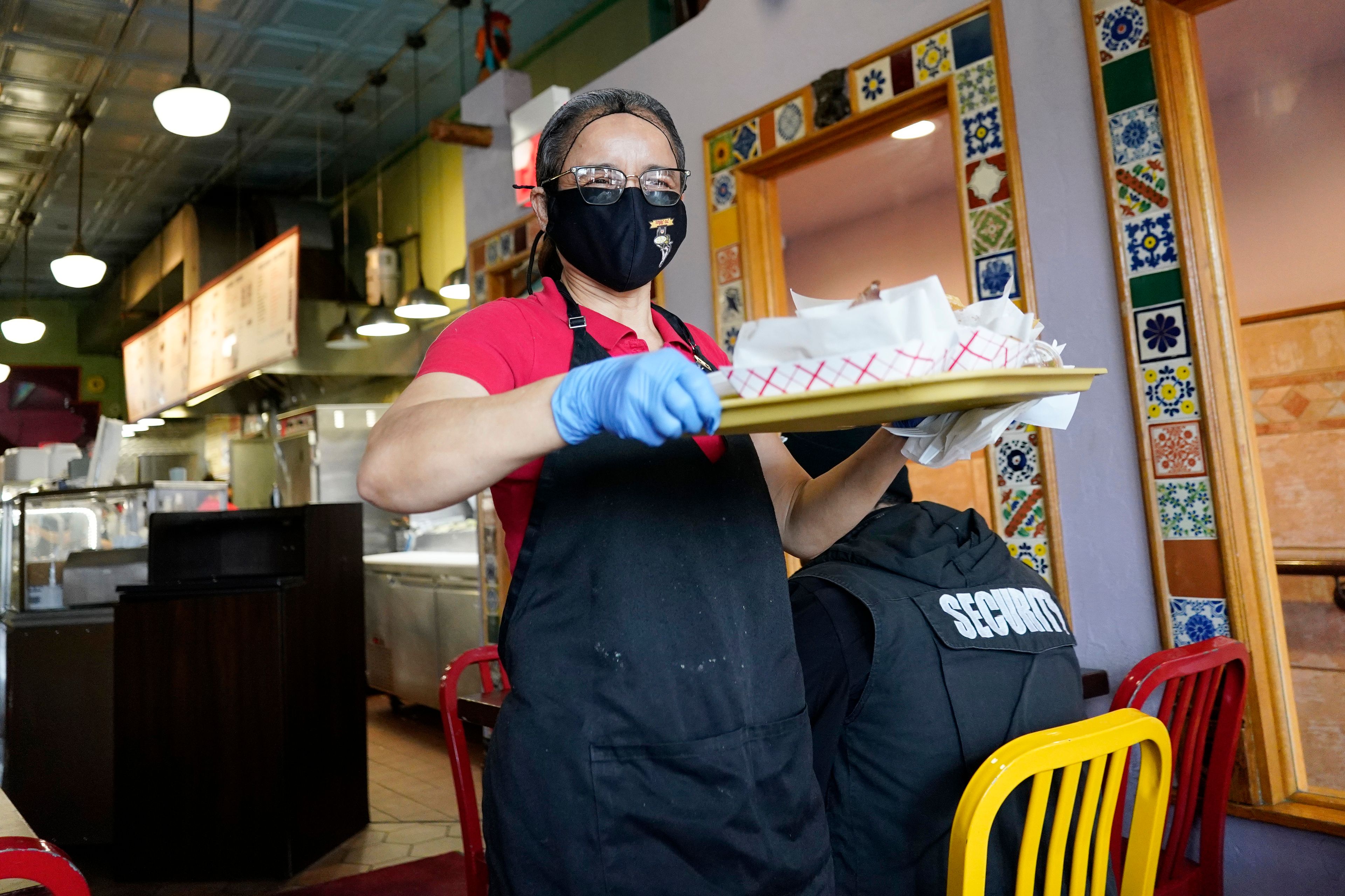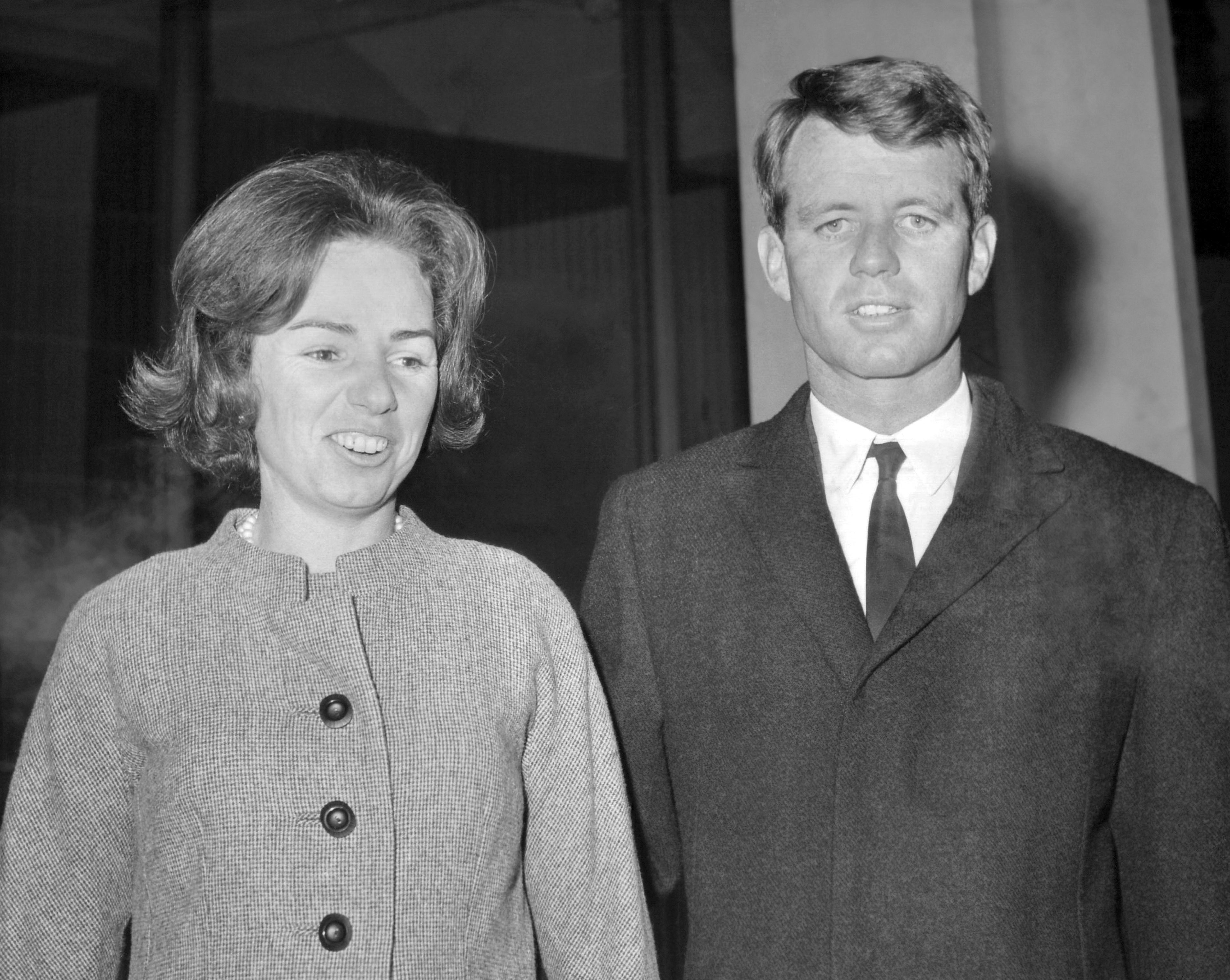REARDAN, Wash. Potatoes by the ton rumble over a conveyor belt in the cool cavern of the concrete storage building. The air smells of roots and earth.
Ten women, ages 15 to 86, reach gloved hands onto the conveyor belt, tossing the largest potatoes into the center, pulling aside rocks and vines. The men who drove the trucks and the harvester in the field this morning watch them work.
Potato harvest for the Hutterite colony 20 miles west of Spokane means long, dusty days of driving for the men, hours of standing and sorting for the women.
It's also a traditional time of year for courting.
"The only thing potato harvest is good for is meeting a guy," jokes Laura Tschetter with a laugh.
She and other Hutterites from several colonies in Alberta are here to help with harvest. Visits like this are rare opportunities to meet potential mates.
The young people of the pacifist communal sect rarely marry within their own colony. The local colony contains only 51 people and most are related. First cousins don't marry, but more distant cousins sometimes do.
"In a culture where there are only 16 common last names over 464 years, it's almost impossible not to have shared ancestors," says Vance Youmans, an Eastern Washington University teacher who wrote an award-winning thesis on the Hutterites.
The group traces its roots to the 16th century Protestant Reformation. Their voices echo with the Old World accents of Switzerland, Germany and the Ukraine.
They believe in simple, communal living, although they use modern farm machinery. Women and girls wear dark dresses and head scarves. Men are clean-shaven until marriage. They don't seek converts but sometimes an outsider, intrigued with their peaceful existence, will join them.
Their lives have three turning points. At age 15, their lessons in the colony's one-room school end and their work for the community begins. Between ages 18 and 24, they make the decision to become baptized. The next step is marriage.
Steve Benning, 32, a married, bearded Hutterite man, stands in the field with three other men laughing and joking about the courtship that leads to marriage.
"The young kids will be talking in the kitchen and the boy will look across the table at the girl and say, Would you like to step out with me?"'
The other men laugh.
"Ever notice how in five minutes he'll come back and ask another one out?"
They laugh louder.
The local Hutterites have grown potatoes for two decades. This year's crop covered 350 acres and will be sold next spring as seed to Columbia Basin commercial growers. Seed potatoes cannot be grown too close to eating potatoes because of the threat of insects or disease, explains Dan Gross.
It's a good metaphor for the Hutterites, he says. The isolation of the colonies keeps their members safe from diseases of the soul.
Sara Anne Gross, 23, met her boyfriend five years ago at potato harvest. They've seen each other only once or twice a year since, but write letters often.
Harvest is a good time to meet a boyfriend, she says.
"You work together four weeks. You get to know what he's like when he's tired, what he's like when he feels good. Actually there's not a character in him you don't get to know."
As she waits to sort potatoes after lunch, Laura Tschetter tells what she has been teaching the younger women about courtship. She is 28 and unmarried.
"A guy doesn't want a girl who's really a sissy," she says. "They want her to be a little outgoing. And they want a pretty girl."
"Beauty is skin deep," reminds Sara Anne. "Ya, but it sure helps a lot," Tschetter responds.
In the late afternoon, with nearly 8,000 tons of potatoes stored until spring, the workers take a break for coffee, homemade apple pie and ice cream.
The young women serve the men, who say "please" and "thank you" with grins and sparkling eyes. Responding to a visitor's questions, they teasingly explain the unwritten rules of courtship.
"Once you know the girls good enough, they'll kiss," says Peter Gross. "The girl has the power over the boy in that," adds Tschetter as if she's played a trump card.
After harvest, a round of winter visits begins with more chances for young people to meet and court, says Youmans, whose thesis "The Plough and the Pen" will be published as a book this winter.
"They will go ice skating and sing songs. They will serenade each other under the stars and go to bonfires."
Winking adults allow young couples time alone, trusting in their upbringing to balance the thrills of romance.
"When a young Hutterite couple starts courting almost all of the time that will be the only courtship in their lives," Youmans says. "They grow to know one another.
"Since they are the same in terms of their culture the only thing that could happen would be that they really dislike each other. And they're such loving people that doesn't happen. They pretty much marry whom they court."








